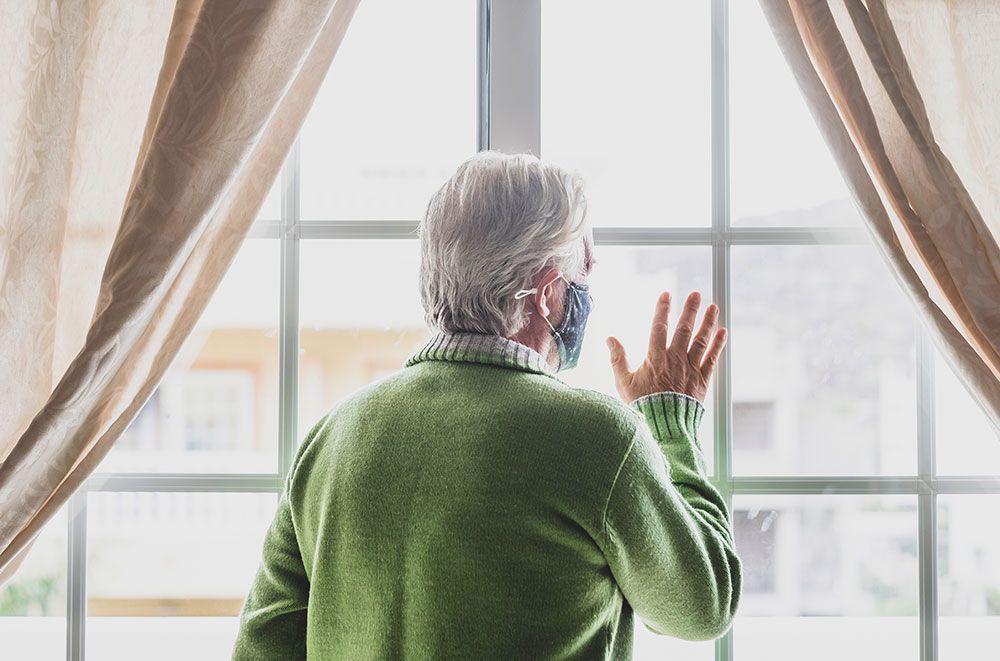Preventing Seasonal Depression in Seniors
Each year as the days get shorter and colder, countless Americans experience a drop in their mood. Some go on to have this diagnosed as Seasonal Affect Disorder (SAD), also called seasonal depression.
This year is especially challenging, as the war against COVID-19 rages on and forces everyone to stay inside more than they typically would. Seeing visitors, a common way to increase serotonin levels in normal times, is strongly discouraged to prevent the spread.
So how can caregivers prevent seasonal depression for seniors in 2021?
Get some fresh air
Just because it’s the winter doesn’t mean we need to spend all of our time inside! Bundle up and go out for a walk to get some exercise and take in the health benefits of being outside. Just be sure to wear a mask and be socially distanced, of course.
Find a new hobby
Now is a perfect time to pick up a new hobby! Always wanted to try knitting? Go for it! Have a knack for painting? Grab a canvas and get to work.
Finding new hobbies can be a rewarding way to spend the time and increase your serotonin levels. And who knows - you may unlock a hidden talent that you never knew you had.
Get enough Vitamin D
Typically, vitamin D is something that our bodies can get from sunlight. During the winter, sunlight is often hard to come by, so we need to make sure that we are getting it from other sources. We recommend increasing your consumption of vitamin D rich foods like egg yolks, cheese, milk and yogurt.
Consult a Physician
They may recommend light therapy, a process requiring patients to sit in front of a light box for a half hour each day to accommodate for the decreased amount of sunlight in the winter months. The doctor may also recommend medication for more severe cases of seasonal depression.
We hope these tips help you and your loved ones get through the cold winter months. Remember, spring is just around the corner!












